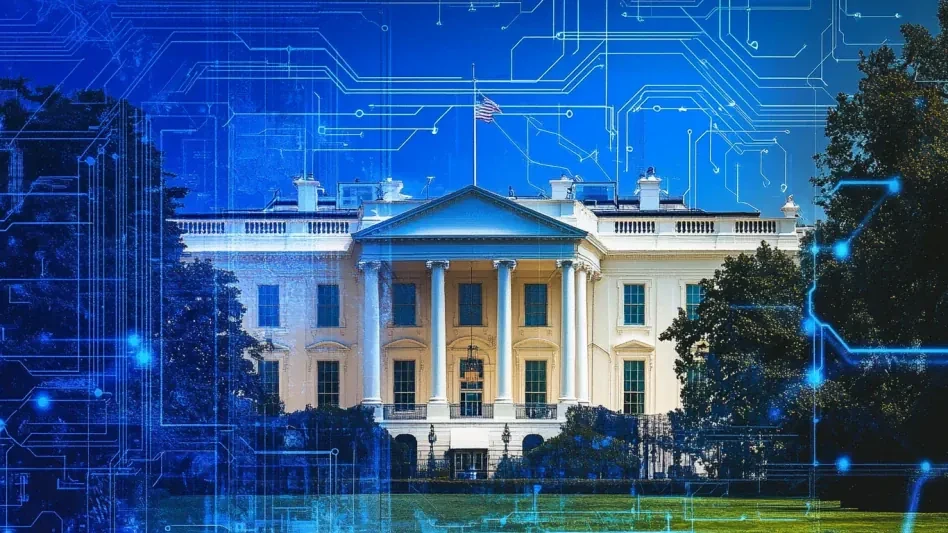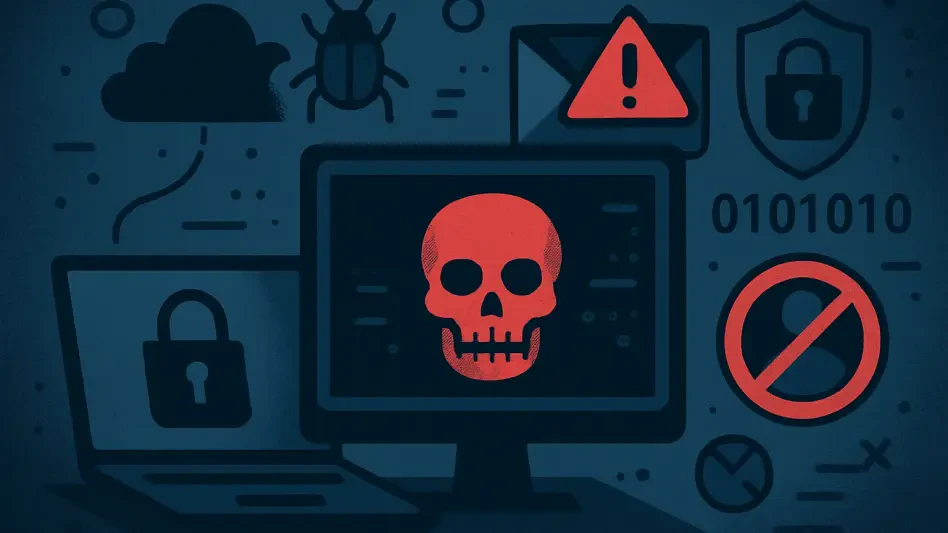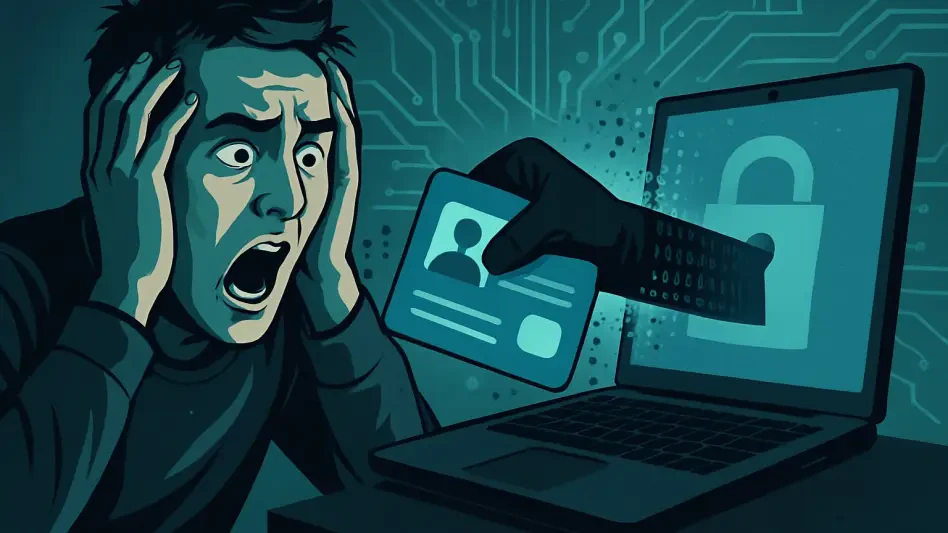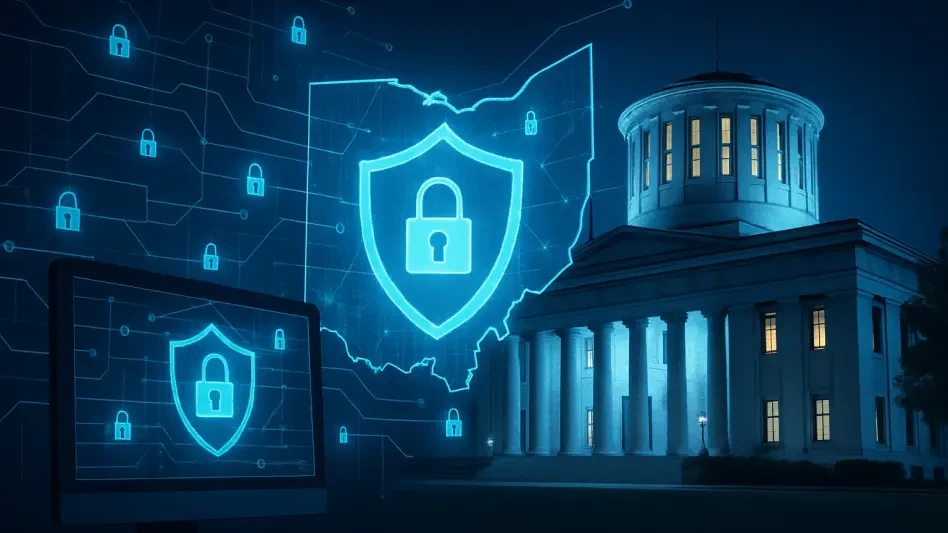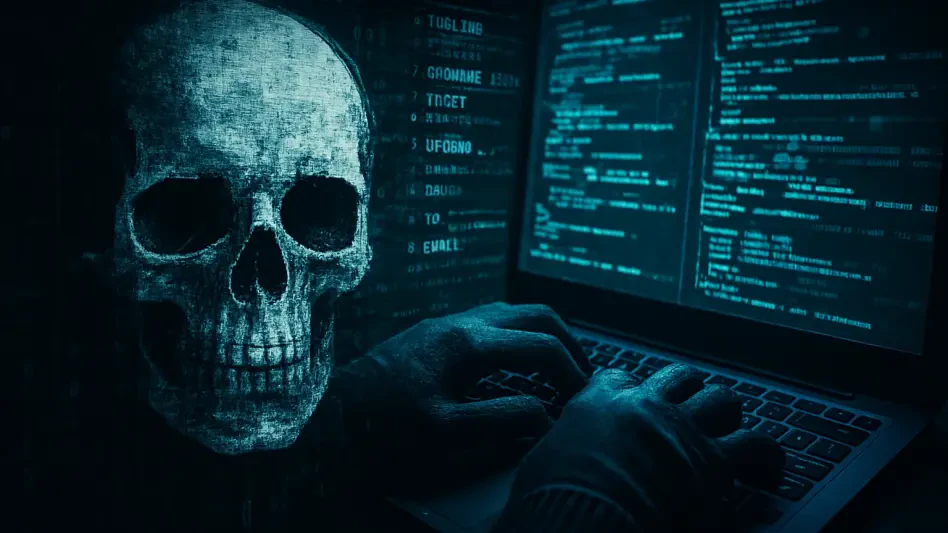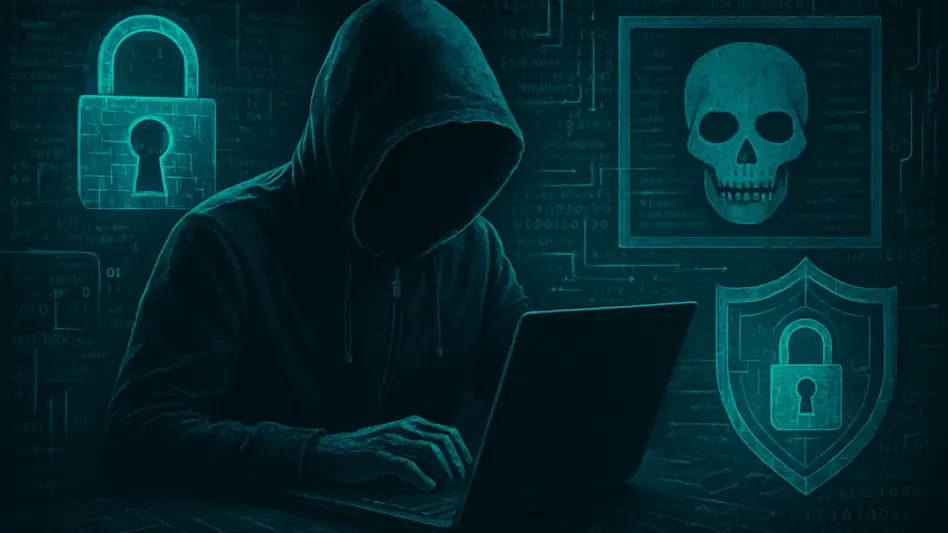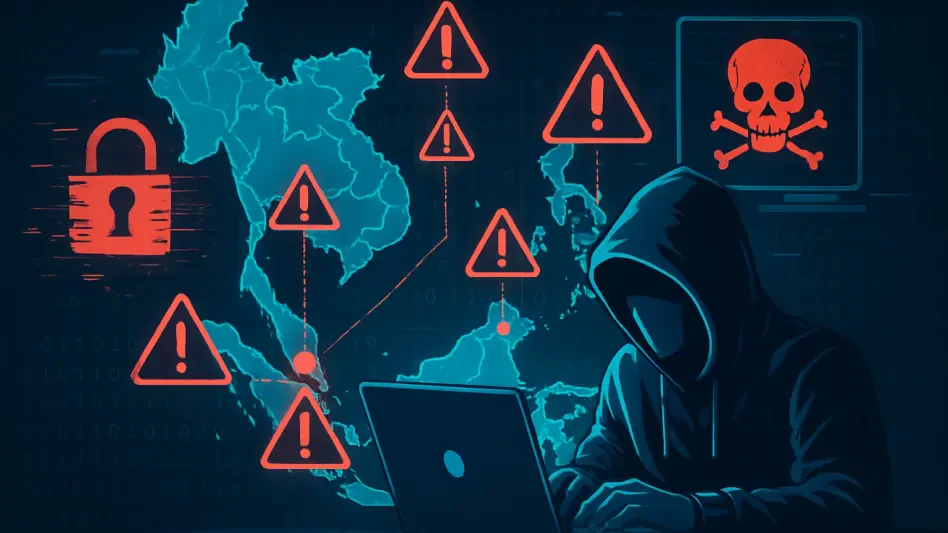In an effort to bolster the authorities’ ability to tackle financial cybercrime in the modern era, Senators Catherine Cortez Masto and Chuck Grassley have introduced a bill that seeks to augment the investigative powers of the U.S. Secret Service. The proposed legislation, known as the Combatting Money Laundering in Cyber Crime Act, aims to update federal laws by granting the Secret Service enhanced authority to probe cybercrimes involving digital assets. The initiative addresses the evolving nature of criminal activities and the increasing reliance on digital assets for illicit transactions.
Addressing Gaps in Current Law
Under the current legal framework, the U.S. Secret Service is empowered to investigate cybercrimes that pose a threat to national security. However, the agency’s jurisdiction is limited when it comes to crimes associated with unlicensed money transmitting businesses. The Combatting Money Laundering in Cyber Crime Act seeks to close this gap by permitting the Secret Service to investigate digital asset transactions linked to transnational cybercrime activities. Senator Cortez Masto has been vocal about the necessity for law enforcement agencies to adapt to the rapidly changing landscape of technology and criminal tactics, emphasizing the importance of protecting communities from emerging threats.
Senator Grassley supports these sentiments, stressing the need for law enforcement capabilities to evolve alongside new money laundering techniques. The duo initially presented the bill in July 2022, though it failed to pass the committee stage. Despite this setback, Cortez Masto remains steadfast in her commitment to pushing the legislation forward, underscoring the critical nature of addressing criminal activities funded by digital assets that pose a risk to national security. The proposed bill demonstrates a proactive approach to legislative reform, aiming to modernize and fortify the legal tools available to combat complex cybercrimes.
Historical Context and Recent Developments
The Secret Service has a long history of addressing cybercrime, which dates back to the establishment of its Cyber Investigative Section in 2004. The creation of the Cyber Fraud Task Forces five years ago further demonstrated the agency’s dedication to combating digital fraud and cyber theft. More recently, there have been concerted efforts to increase investments in hiring agents with specialized cyber skills to boost financial investigations within the Secret Service, the Federal Bureau of Investigation (FBI), and the Treasury Department.
In January 2024, the Secret Service announced the relaunch of its Cyber Investigations Advisory Board. This initiative aimed at overhauling traditional financial cybercrime investigative practices and ensuring a more robust response to emerging criminal activities. Additionally, both the Department of Justice and the Treasury Department have observed an uptick in the utilization of digital assets in a variety of crimes, including ransomware attacks, fraud schemes, and money laundering operations. These developments underscore the urgent need for the legislative enhancement proposed by Senators Cortez Masto and Grassley.
Legislative Efforts and Future Considerations
In a bid to strengthen the government’s capability to combat financial cybercrime in today’s digital world, Senators Catherine Cortez Masto and Chuck Grassley have introduced a bill aimed at expanding the investigative reach of the U.S. Secret Service. This proposed legislation, named the Combatting Money Laundering in Cyber Crime Act, seeks to modernize federal laws by providing the Secret Service with increased authority to investigate cybercrimes that involve digital assets. This initiative is a response to the constantly changing landscape of criminal activities, where there is a growing dependence on digital assets for carrying out illegal transactions. By addressing these developments, the bill intends to equip the authorities with the necessary tools to tackle the sophisticated methods used by cybercriminals today. The reinforcement of these powers underscores the significance of adapting to technological advancements in law enforcement efforts.

